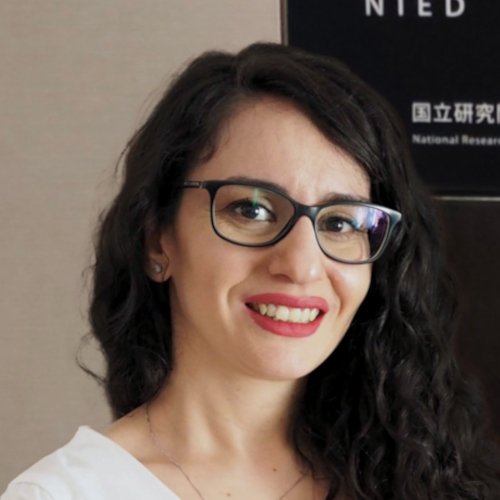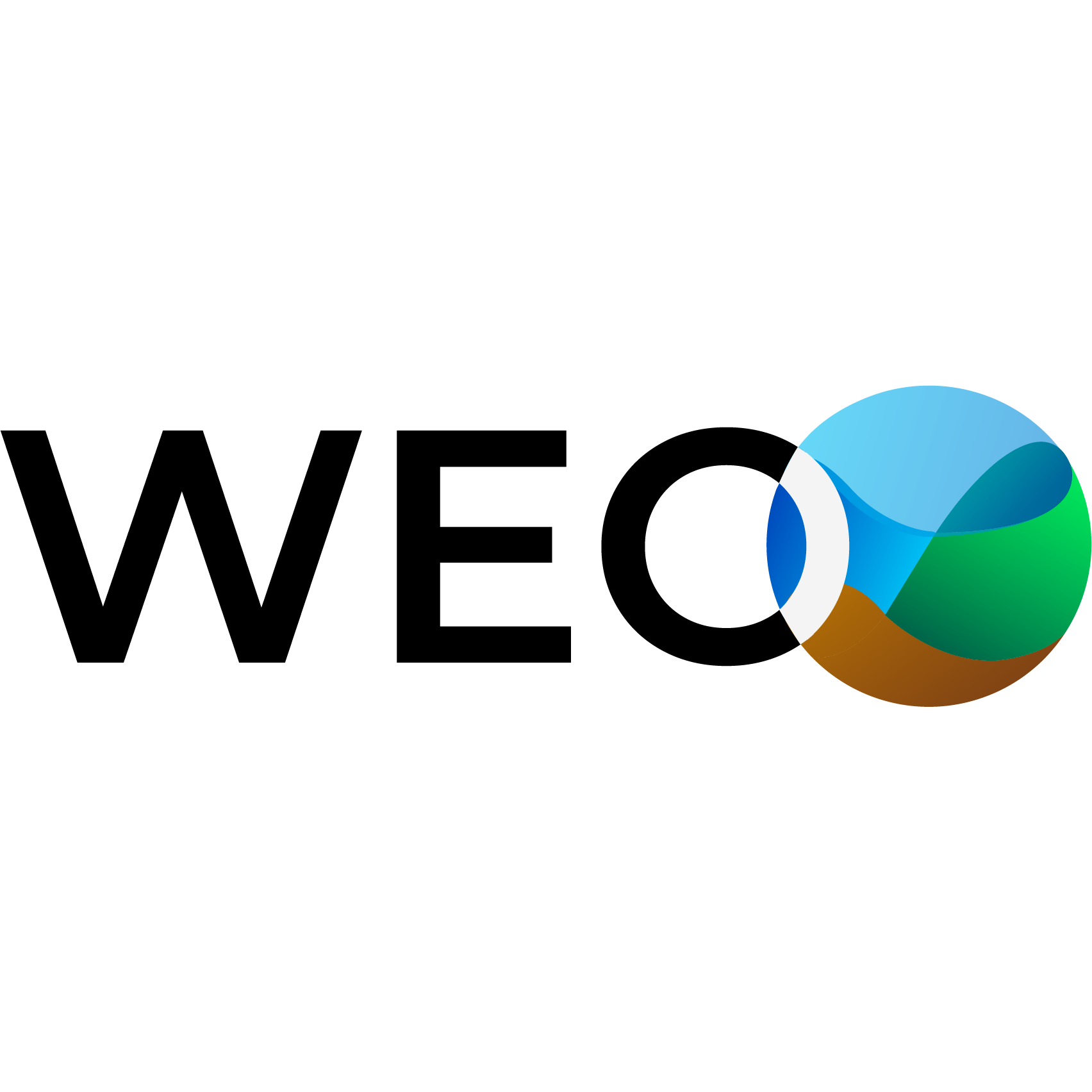About
STURM is Marie Skłodowska-Curie Action (MSCA) project at WEO in Luxembourg.
Background
Floods are major natural disasters with severe impacts in urban areas, where
the confluence of increasingly high population densities, intricate infrastructures, and the
escalating effects of climate change trends exacerbate the risk.
Reliable and timely monitoring is critical for urban flood resilience in terms of pre-disaster
preparedness, emergency response, and post-disaster relief.
Remote Sensing techniques hold the potential to accurately assess flood extent; however, data can be
expensive and inaccessible. Open Remote Sensing harbors untapped potential due to its relatively
coarse
resolution.
Furthermore, recent strides in deep learning-based computer vision techniques, coupled with novel
observational opportunities, offer a promising avenue for gathering valuable insights on flood
extent and depth,
amalgamating RS and data-driven approaches.
Objectives
The STURM project aims to advance urban flood resilience research by combining open-source Sentinel imagery from remote sensing and crowdsourced semantic and visual data through deep learning techniques. The primary objective is to overcome the constraints of spatial resolution and data scarcity, enriching our understanding of urban flood dynamics. This project aspires to leverage the capabilities of emerging observation systems, providing a globally consistent, open-source framework for comprehensive multi-source observations of hydroclimatic hazardous events in urban areas. By doing so, STURM aims to foster enhanced flood resilience strategies and address the hydrological challenges of the 2030s and beyond.
Methodology
STURM employs an innovative methodology that harnesses the power of deep learning and data fusion to achieve accurate urban flood extent and depth mapping. By leveraging open RS Sentinel imagery and integrating crowdsourced semantic and visual data, this approach overcomes the limitations imposed by conventional spatial resolution. The project's novel data fusion paradigm enables sub-pixel mapping and precise measurements from street-level images, offering insights into hydroclimatic events that were previously unattainable. The state-of-the-art AI-based pipeline ensures efficient utilization of globally accessible data sources while minimizing the consumption of human and economic resources. This methodology not only promises wide-ranging applicability but also provides an essential benchmark for the validation of existing hydrological models.
Funding
STURM is an EU-funded R&I project funded under the Marie Skłodowska-Curie Actions (MSCA) Postdoctoral Fellowships - European Fellowships (Grant agreement ID: 101105589) and hosted at WEO.
Project Timeline
-

June 2023
STURM Project Start
Following the selection of STURM proposal in the call HORIZON-MSCA-2022-PF-01-01 and the signature of the grant agreement, the project kicks off.
-

September 2023
Milestone - Public Project Launch
Committing itself to transparent communication and open dissemination, STURM debuts through its website and Social Media Channels.
-
...
Work in progress
Stay tuned for updates!





